Prince Harry trial: five other famous royals who have appeared in court
Duke of Sussex becomes first senior British royal in 132 years to give evidence in court
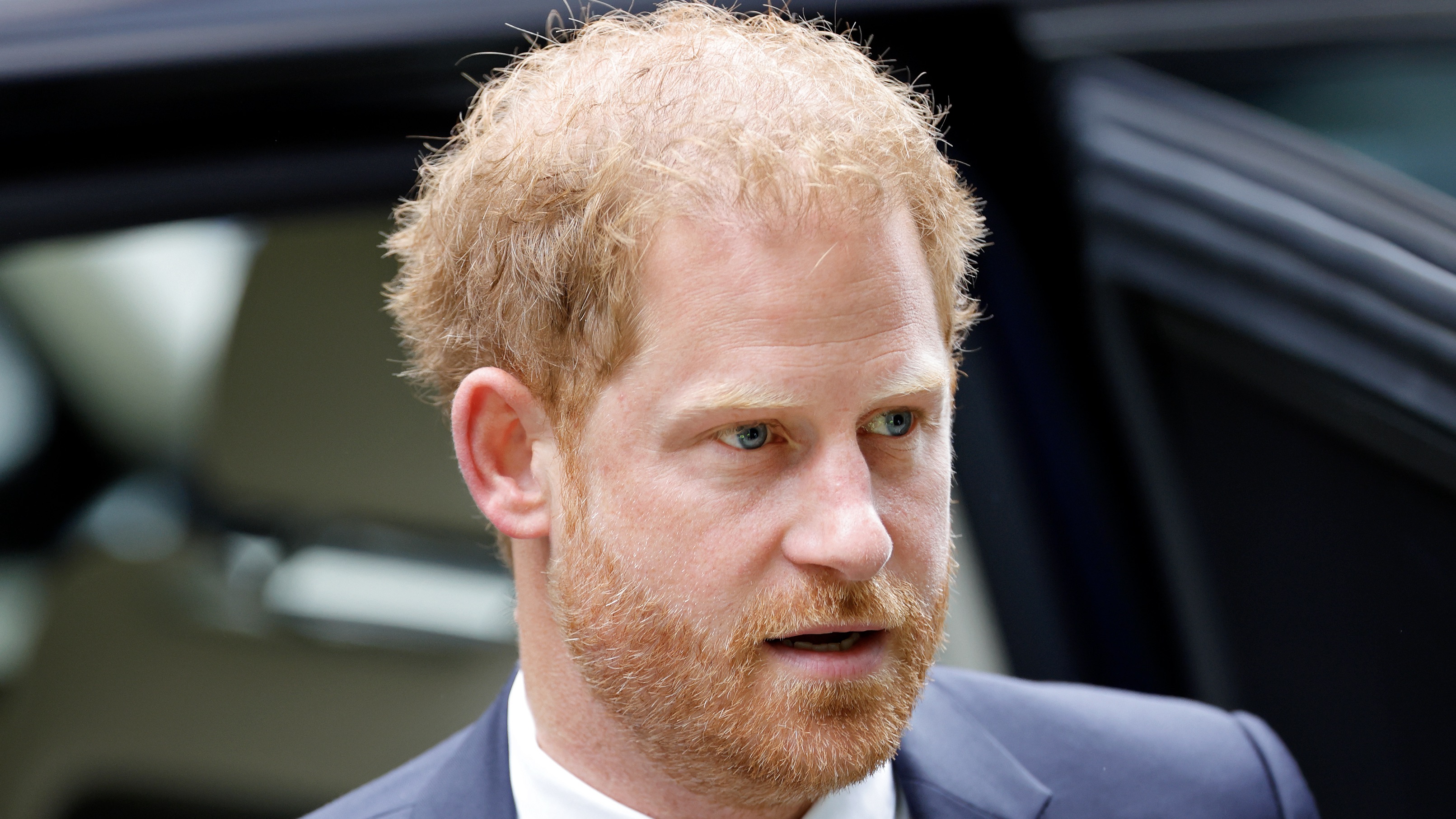
A free daily email with the biggest news stories of the day – and the best features from TheWeek.com
You are now subscribed
Your newsletter sign-up was successful
Prince Harry has taken the stand for the second day in his phone hacking case against Mirror Group Newspapers (MGN), becoming the first senior British royal to give evidence in court since the 1890s.
His lengthy fight against the Daily Mirror, The Sunday Mirror and The Sunday People “came to a head in a tense courtroom showdown”, reported CNN.
The Duke of Sussex alleges 140 articles “contained information gathered using unlawful methods” and told the court that every article played “a destructive role” in his growing up. He also claimed the tabloids “caused him significant distress and wrecked some of his closest relationships”.
The Week
Escape your echo chamber. Get the facts behind the news, plus analysis from multiple perspectives.

Sign up for The Week's Free Newsletters
From our morning news briefing to a weekly Good News Newsletter, get the best of The Week delivered directly to your inbox.
From our morning news briefing to a weekly Good News Newsletter, get the best of The Week delivered directly to your inbox.
He added “some editors and journalists do have blood on their hands”, for the “distress” caused, and “perhaps, inadvertently death”, referencing his late mother Princess Diana.
Seeing a senior royal “subjected to a tiring, meticulous interrogation was exceedingly rare”, CNN added. Indeed, Prince Harry has become the first British royal to give evidence since 1891.
Before he became king, Edward VII was a witness in a slander trial over a card game, said The National. He is one of a handful of British royals who have appeared in court over the centuries.
Edward VII
Edward VII, the last royal to give evidence in court, appeared twice as a witness – in 1891 to give evidence in the slander trial – but for the first time in 1870.
A free daily email with the biggest news stories of the day – and the best features from TheWeek.com
The then Prince of Wales was a voluntary witness in a divorce case on the first occasion, when Lady Harriet Mordaunt “falsely accused the heir to the throne of being one of her lovers”, said Yahoo Life. She had “confessed to a string of affairs” to her husband, Sir Charles Mordaunt, and Sir Charles filed for divorce.
Edward VII was “known as ‘Dirty Bertie’ for his philandering ways”, said Harry Mount in i News, with Yahoo adding he “had many mistresses”. He denied there had been any “improper familiarity or criminal act” between himself and Lady Mordaunt, though, and she was “declared insane by the jury”, with the divorce case dismissed.
Princess Anne
Although “it is rare for a senior member of the Royal Family to appear in court”, Princess Anne has “led the way, particularly when it comes to motoring offences”, said the Daily Mail.
After being given a written warning in 1972, aged 21, after “being caught driving at up to 90mph on the M1”, she was five years later fined £40 “for doing 96mph in a 70mph limit on the M1” at Alfreton Magistrates Court, Derbyshire. Then, in 1990, she was fined £150 and “banned from driving” for a month by magistrates in Stow-on-the-Wold, Gloucestershire, after admitting two speeding offences, claiming “she had been late for an engagement”.
Her first in-person court appearance came in 2002 after she pleaded guilty to offences under the Dangerous Dogs Act. Her bull terrier, Dotty, “had got dangerously out of control” and attacked two boys.
Charles I
Following the end of the English Civil War, Charles I was “charged with tyranny and treason” and brought to trial in Westminster Hall on 20 January 1649, said The Guardian.
The king’s trial “was proclaimed to the sound of trumpets and drums”, according to Parliament, as the Serjeant at Arms “rode into the Hall carrying the mace and accompanied by six trumpeters on horseback”.
Appearing before judges four times, the exchanges “generally focused on the king challenging the court’s authority and its right to try him”, The Guardian added.
Although “the King’s persistence disconcerted the judges”, there was “little doubt about the outcome” Parliament said, and he was sentenced to death on 27 January.
Mary, Queen of Scots
The Babington Plot was a plan to assassinate Queen Elizabeth I in 1586 and install her cousin Mary, Queen of Scots, on the throne.
Mary “faced trial for treason” before 36 noblemen, The Guardian said, but “denied all charges”. She urged those trying her to “look to your consciences and remember that the theatre of the whole world is wider than the kingdom of England”.
Despite arguing “she had been denied the opportunity to review the evidence” and that she was “denied access to legal counsel”, she was convicted and sentenced to death.
The Duke of Gloucester
In 2004, the Queen’s cousin, the Duke of Gloucester, was banned from driving for six months by magistrates in Ely, Cambridgeshire.
After he admitted to driving at 70mph on a stretch of the A47, where the limit is 60mph, magistrates added three points to his licence, in addition to the nine he’d accrued for speeding offences in November 2001, December 2002 and January 2003.
He was also the president of the Institute of Advanced Motorists, and “offered to quit” in the wake of the outcome, given that membership “depends on passing an advanced driving test”, reported The Guardian at the time.
He was invited to “give reasons why a ban would cause “exceptional hardship””, as was his legal right. But the Duke told the court: “I don’t recall the event, so I don’t really recall what the circumstances are”.
Keumars Afifi-Sabet is a freelance writer at The Week Digital, and is the technology editor on Live Science, another Future Publishing brand. He was previously features editor with ITPro, where he commissioned and published in-depth articles around a variety of areas including AI, cloud computing and cybersecurity. As a writer, he specialises in technology and current affairs. In addition to The Week Digital, he contributes to Computeractive and TechRadar, among other publications.
-
 The ‘ravenous’ demand for Cornish minerals
The ‘ravenous’ demand for Cornish mineralsUnder the Radar Growing need for critical minerals to power tech has intensified ‘appetite’ for lithium, which could be a ‘huge boon’ for local economy
-
 Why are election experts taking Trump’s midterm threats seriously?
Why are election experts taking Trump’s midterm threats seriously?IN THE SPOTLIGHT As the president muses about polling place deployments and a centralized electoral system aimed at one-party control, lawmakers are taking this administration at its word
-
 ‘Restaurateurs have become millionaires’
‘Restaurateurs have become millionaires’Instant Opinion Opinion, comment and editorials of the day
-
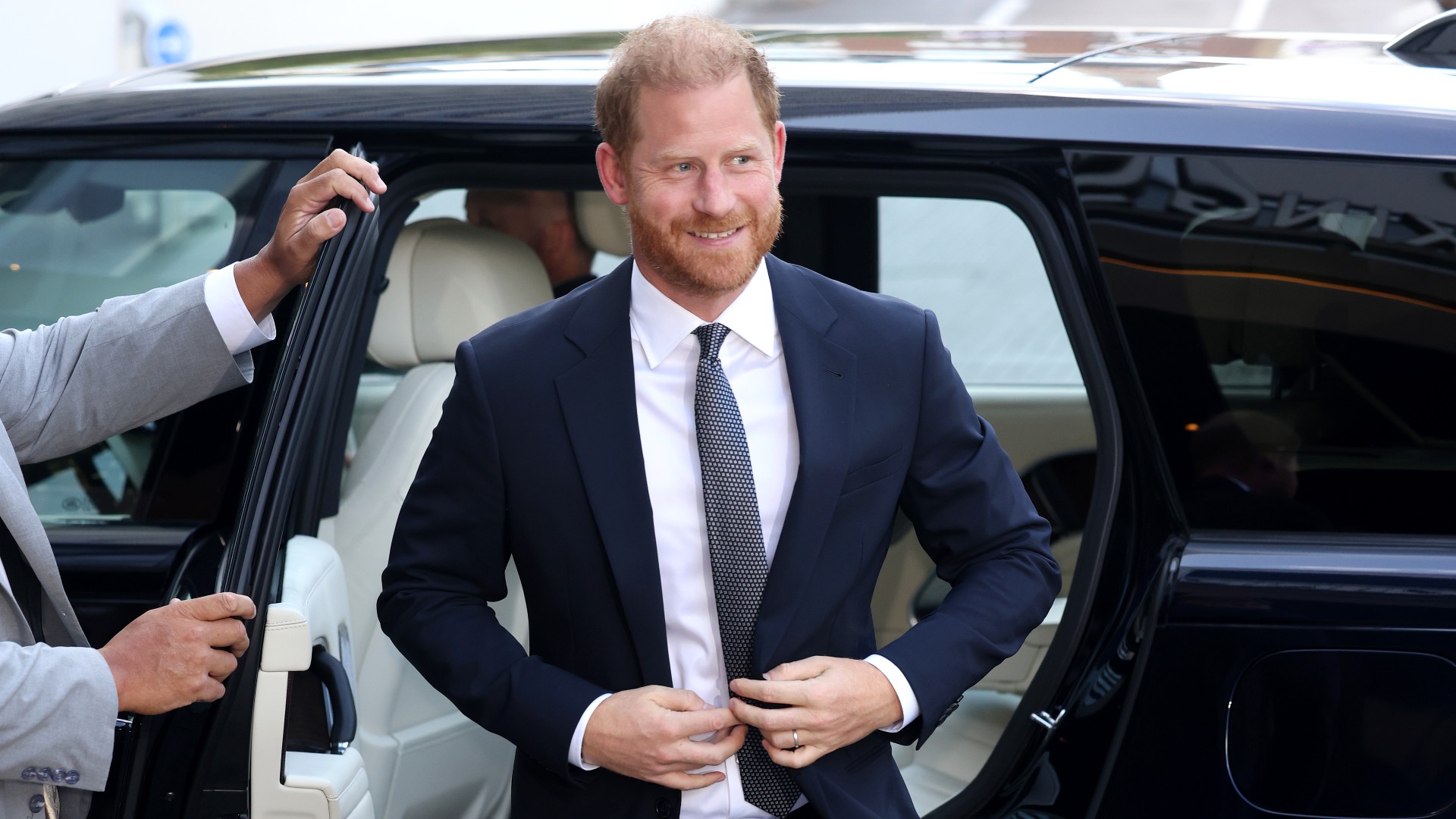 Prince charming: Harry’s tea with King sparks royal reconciliation rumours
Prince charming: Harry’s tea with King sparks royal reconciliation rumoursTalking Point Are the royals – and the UK public – ready to welcome the Duke of Sussex back in?
-
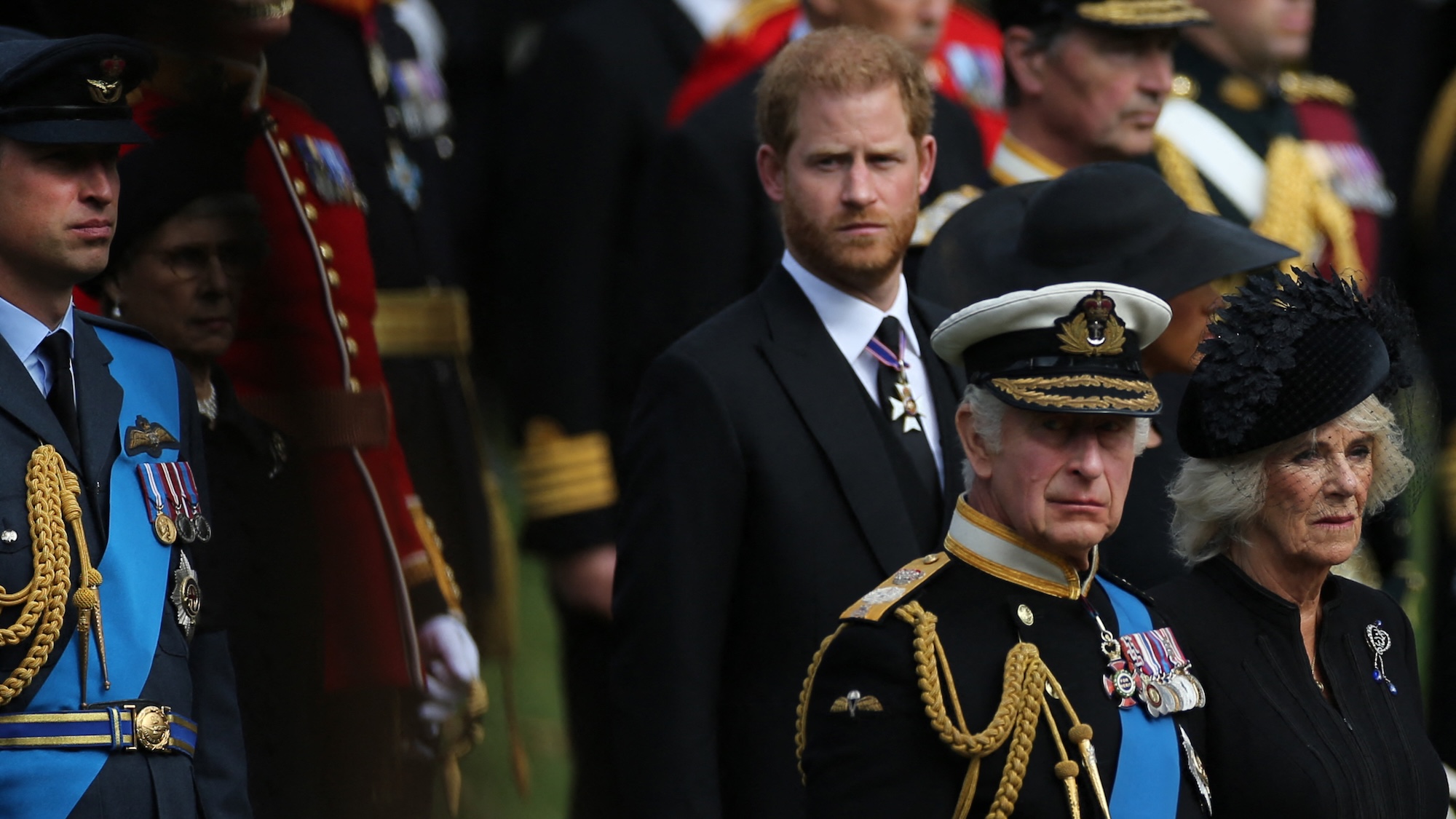 King Charles and Prince Harry: peace in our time?
King Charles and Prince Harry: peace in our time?Talking Point Leaked images of a secret meeting between royal aides suggest a dialogue is beginning to open up
-
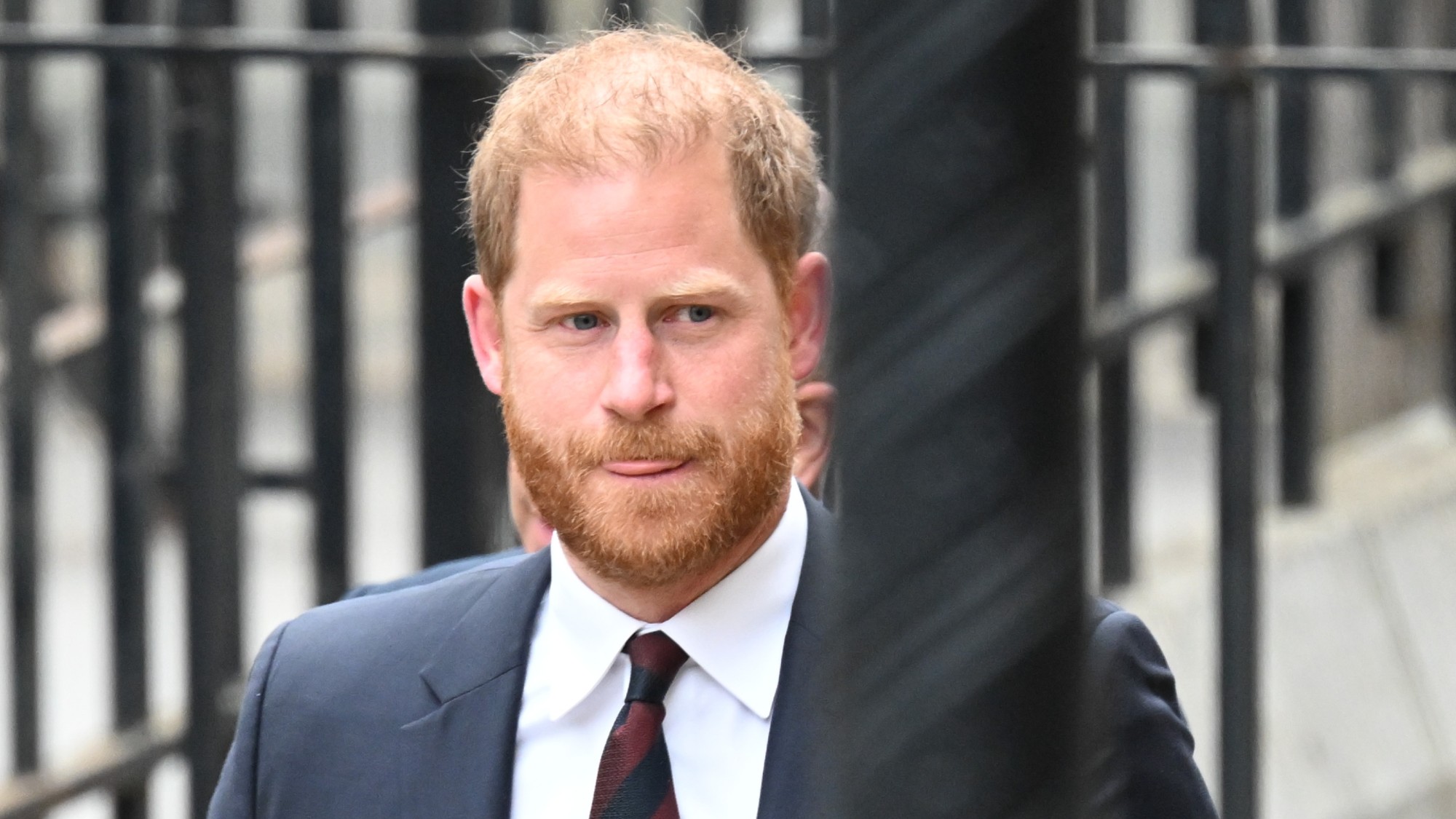 Prince Harry's 'bombshell' BBC interview
Prince Harry's 'bombshell' BBC interviewTalking Point Royal claims he is not safe to visit the UK and fuels speculation over King Charles' health in 'extraordinary' BBC interview
-
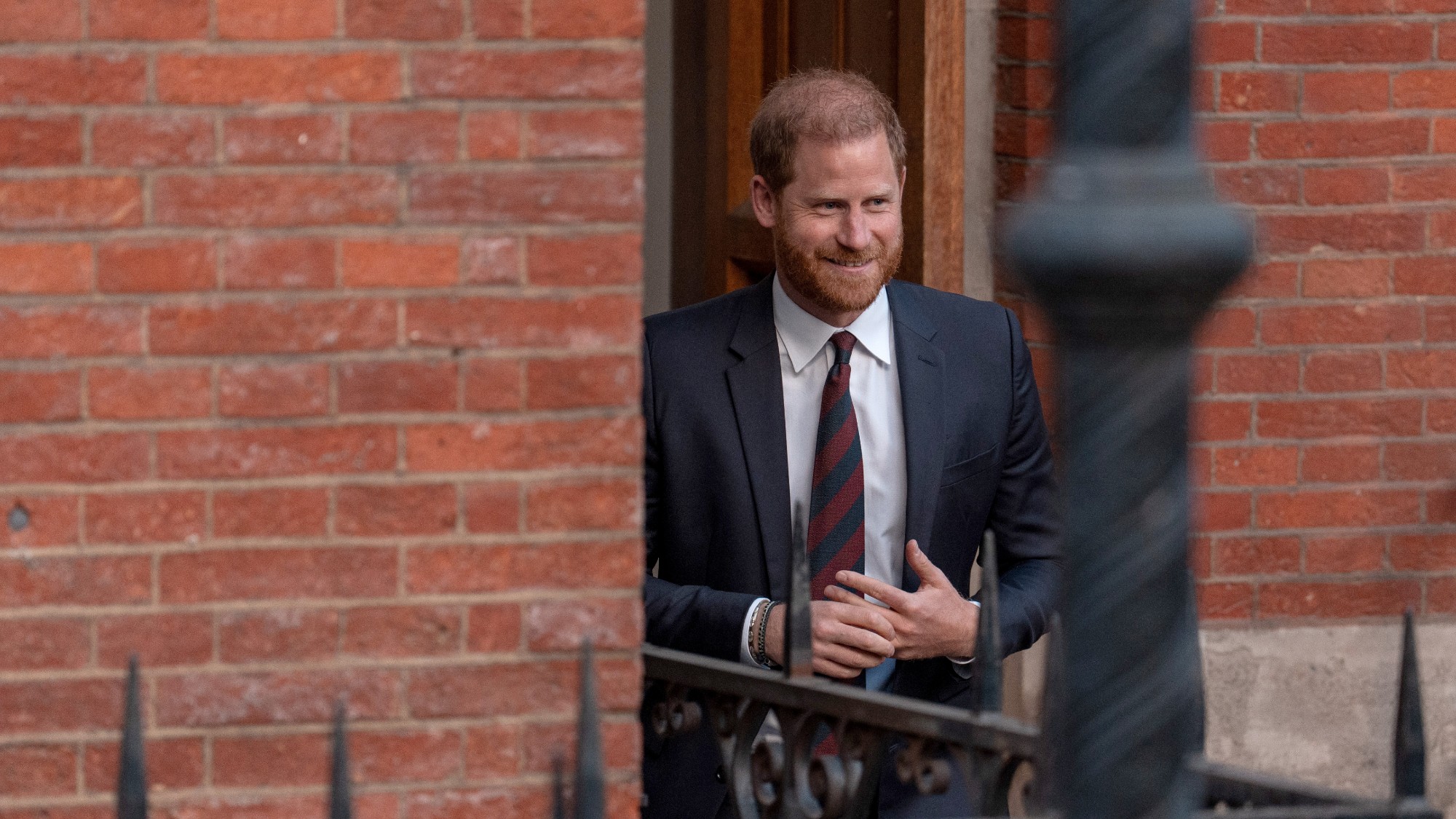 Is Prince Harry owed protection?
Is Prince Harry owed protection?Talking Point The Duke of Sussex claims he has been singled out for 'unjustified and inferior treatment' over decision to withdraw round-the-clock security
-
 The Sentebale row: a blow for Prince Harry
The Sentebale row: a blow for Prince HarryTalking Point Duke of Sussex made 'devastating' decision to stand down as Aids charity's patron, following 'power struggle' between its trustees and new chair
-
 The princess and the PR: Meghan Markle's image problem
The princess and the PR: Meghan Markle's image problemTalking Point A tough week for the Sussexes has seen a familiar tale of vitriol and invective thrown the way of the actor-cum-duchess
-
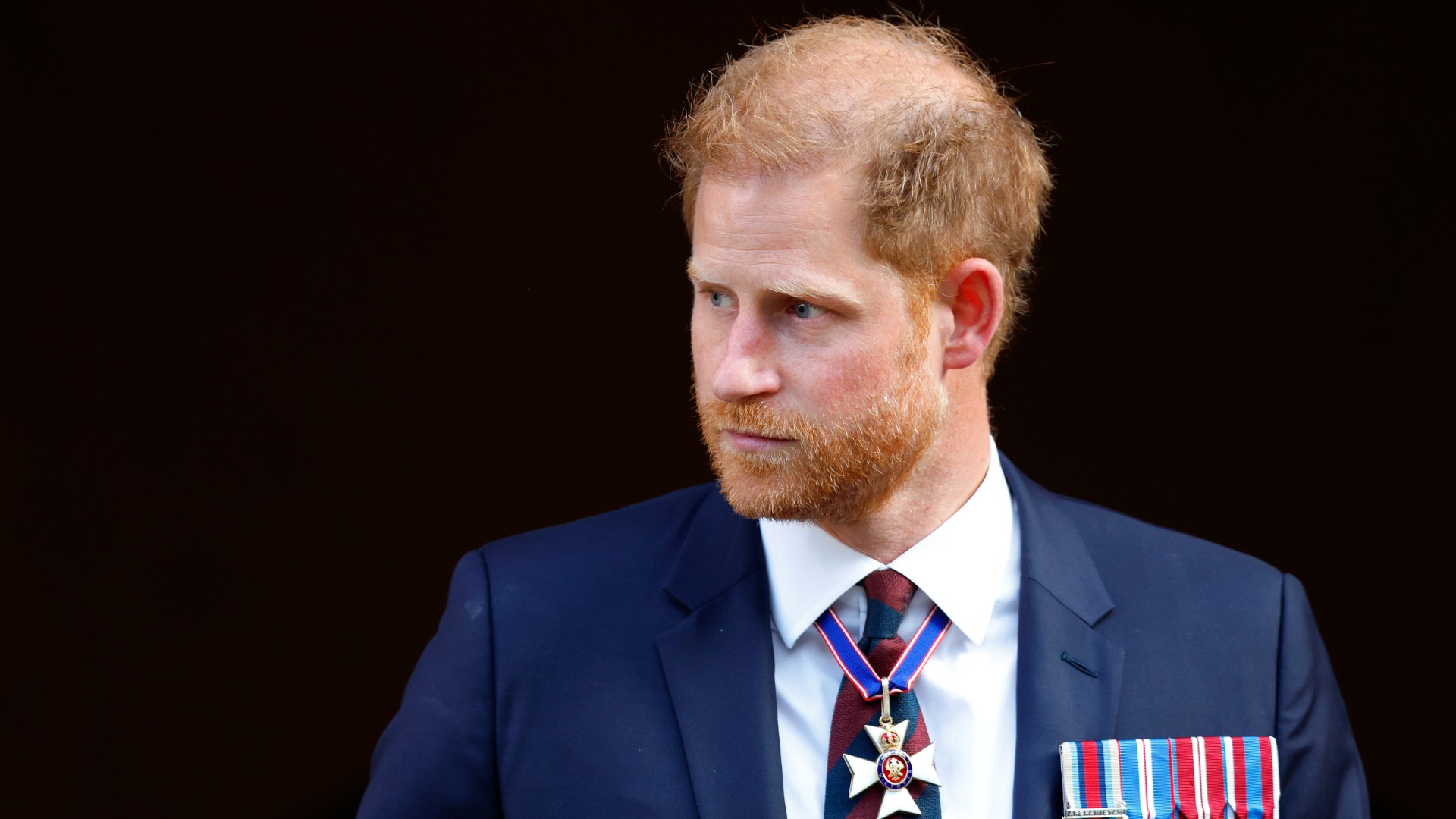 Is Prince Harry planning a royal comeback?
Is Prince Harry planning a royal comeback?In the Spotlight Duke of Sussex looking to repair relationship with King Charles and 'rehabilitate' his image back in UK
-
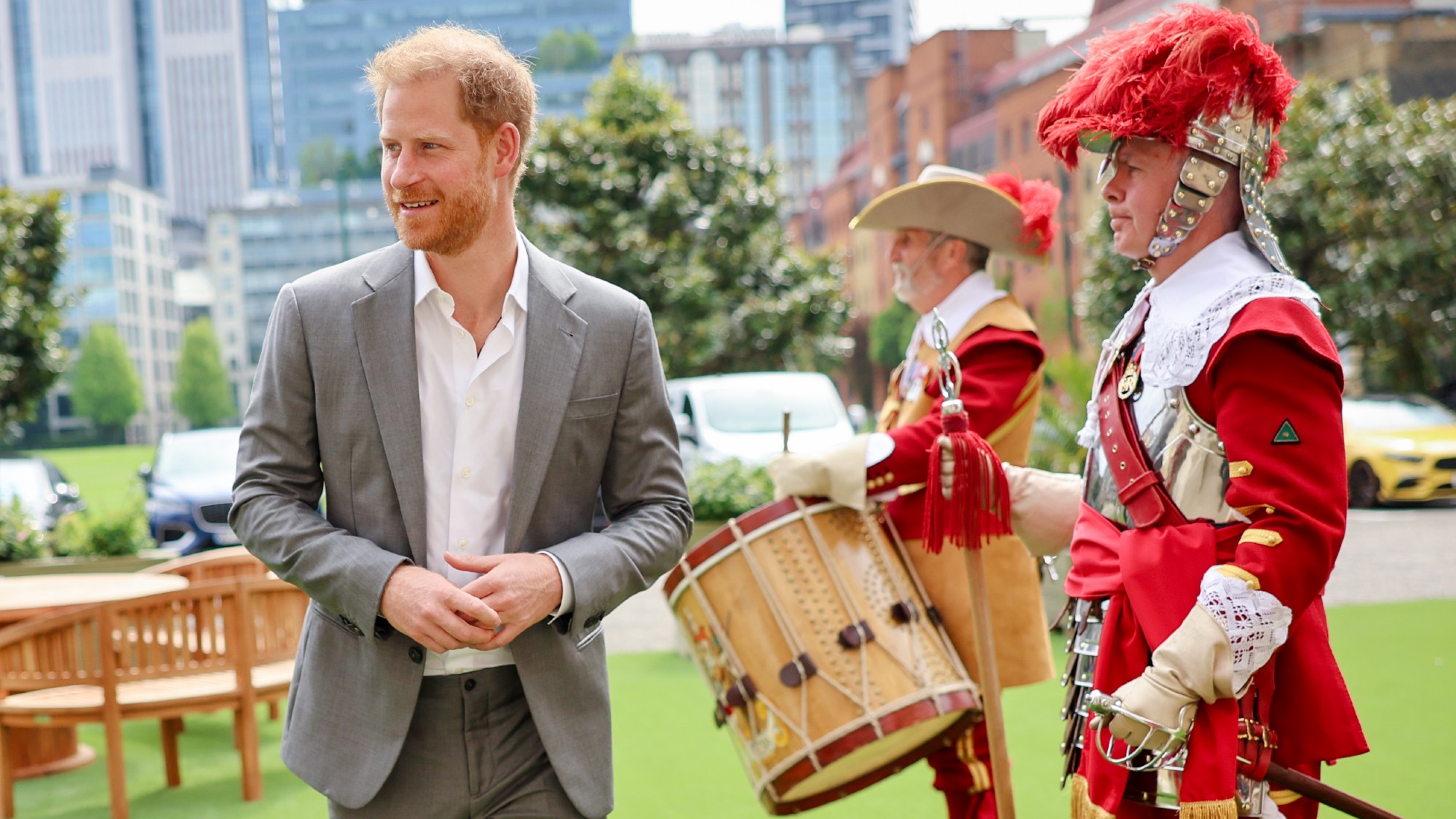 Prince Harry returns to mark 10 years of Invictus – but he won't see the King
Prince Harry returns to mark 10 years of Invictus – but he won't see the KingSpeed Read Duke of Sussex will not see his father during London visit 'due to His Majesty's full programme'